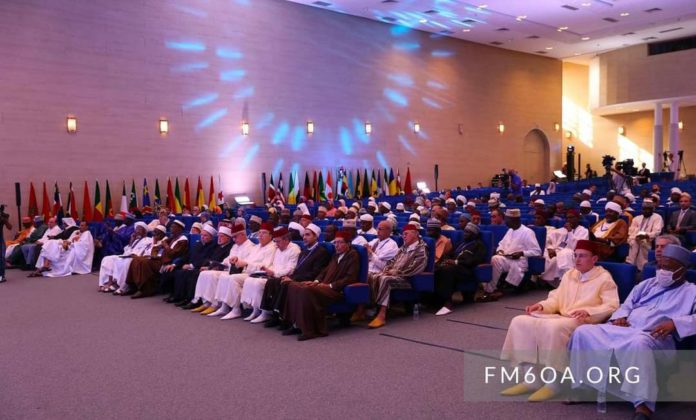More than 350 participants, made up of muftis – deep scholars of the Quran- male and female Islamic sages known as Ulemas, from 50 African countries, have called for the powers to exercise the Fatwa to be entrusted to a collegial institution composed of Ulemas worthy of the Islamic faith and devoted to the principles and doctrine of Islam.
Their call was contained in a 12-point communique issued at the end of their international symposium on Fatwa.
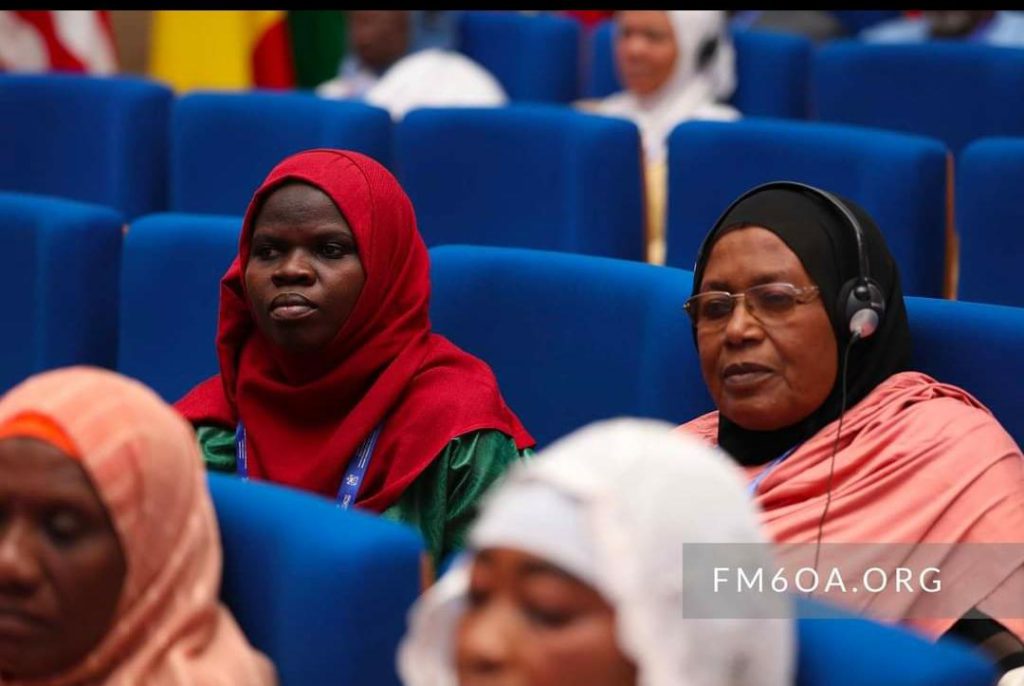
The symposium was part of the programme of a three-day international conference on Fatwa, held under the auspices of Morocco’s King Mohammed VI Foundation of Africa’s International, Scientific Conference on Fatwa, held from July 8, 2023, to July 10, 2023, in the Moroccan tourist city of Marrakech.
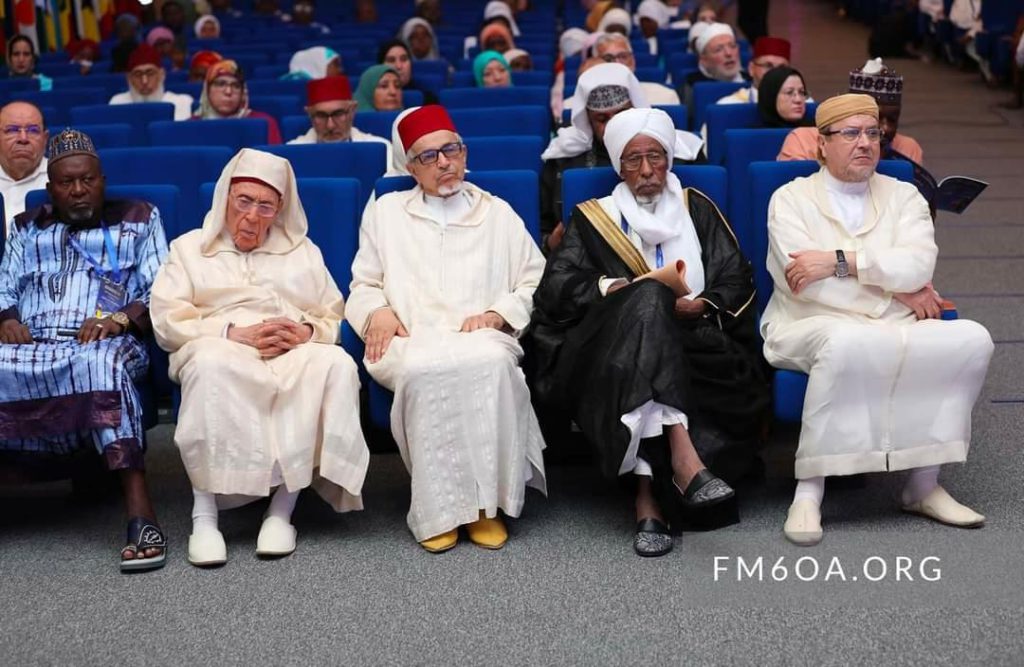
Fatwa in Islam is a formal ruling or interpretation on a point of Islamic law, given by a qualified legal scholar known as Mufti. They are usually issued in response to a question from individuals or Islamic courts.
The communique, which was read by professor Abdellhamid Al Alami, a specialist with the King Mohammed VI Foundation of Africa Ulemas, defended the distinction between the Fatwa which is institutionalised by a collegial organisation and entrusted with making choices on everyday issues, as against the functions of the Ulemas who provide advice and clarity to official prescriptions.
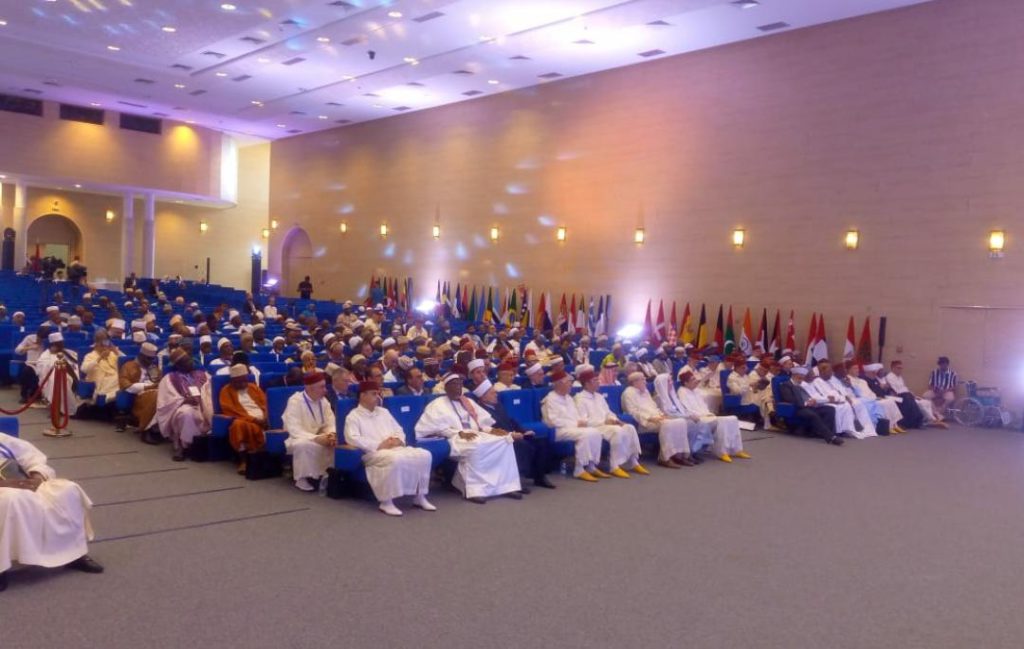
They recommended the establishment of an institutional framework for dialogue between Ulemas and Muftis, deep scholars of the Quran.
Such a framework, the communique argued, would help to address emerging new issues related to both socialisation and civilisation.
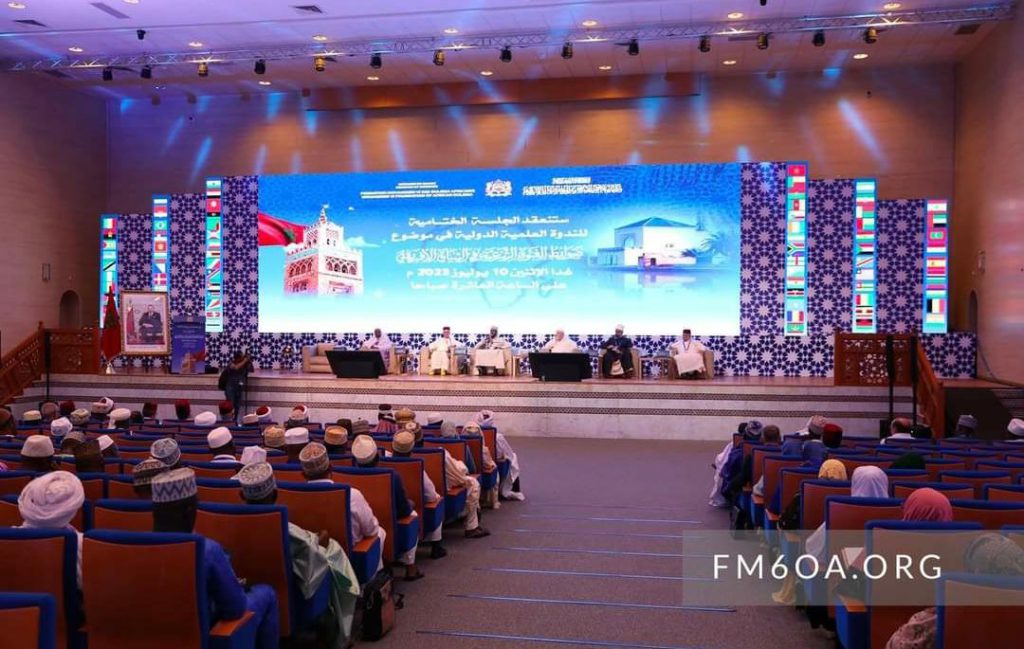
They urged Muslim academics to participate in debates, especially, those concerning the “jurisprudence of reality,” and to disseminate the results of their research on issues such as Fatwa. Sharia and other Islamic principles.
They called for a website to be established and named “Council of African Muftis” in order to promote discussion among experts in the field and to serve as a tool to dispel myths and increase knowledge on religious issues.
The communique acknowledged the importance of each African country’s right to their distinct qualities and underlined the importance of ensuring that any change aimed at improving development in Africa is motivated by a sense of moderation, a spirit of conciliation, and a predisposition towards equity and judiciousness.
They recommended that each of the African foundation member countries set up a collegial institution and delegate the exercise of the Fatwa to it.

